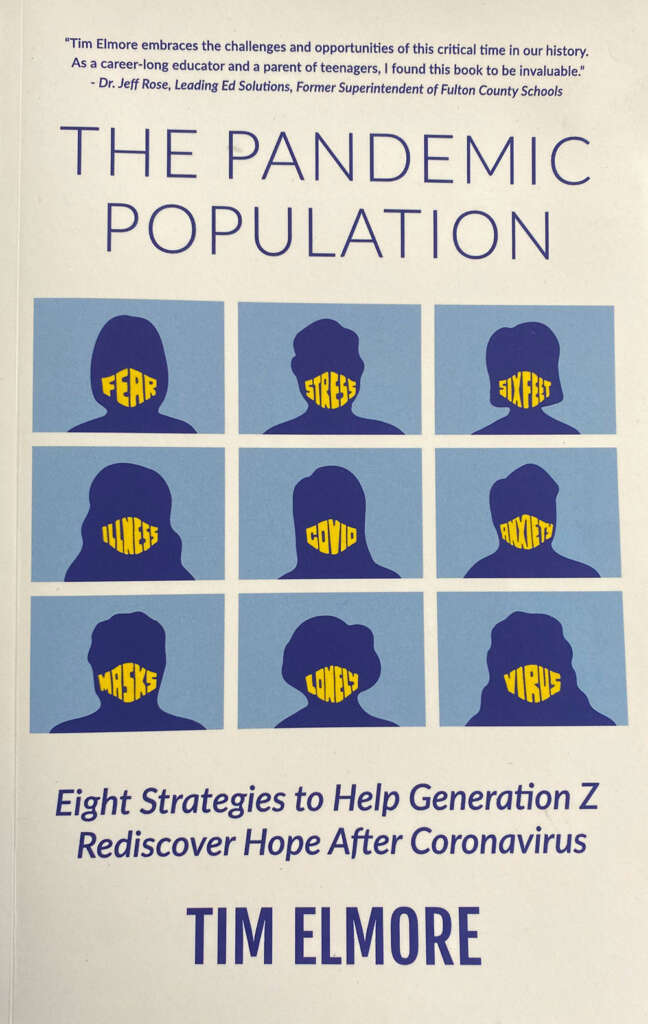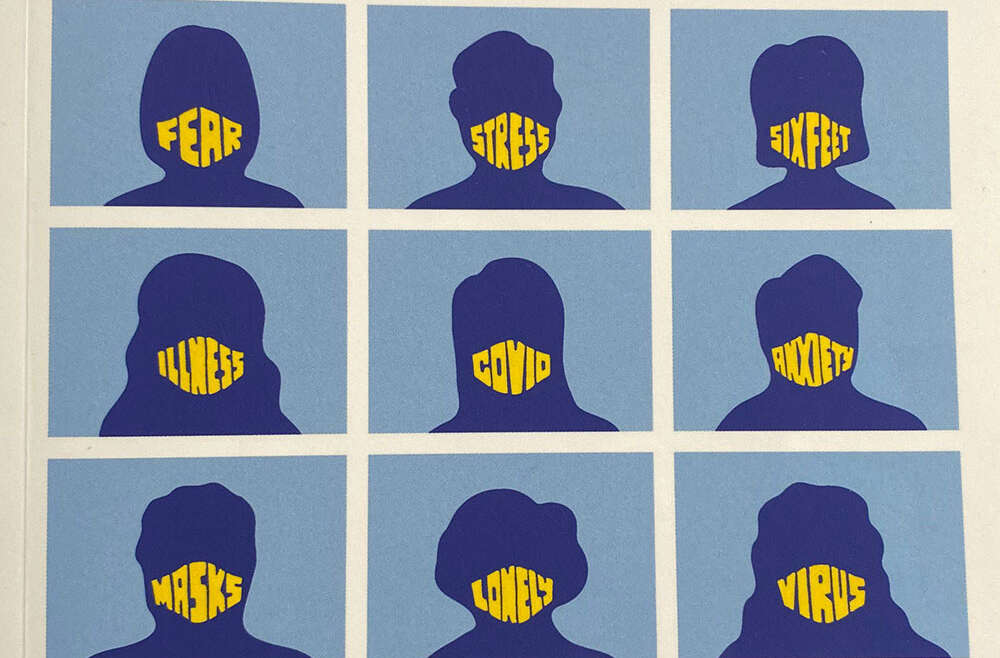
“What do your children remember about 2020- 2021- 2022?”
For the past 3 years, there has been a whirlwind of stressors and emotions that no one could have imagined. The COVID pandemic brought many changes that affected all areas of society: home, work, school, sports, church, etc.
As our world attempted to cope with the stressors from COVID, we reacted in various ways: some isolated, some grew anxious and fearful, some became angry, and some passed away. How do we move forward? What can we teach our children from this event?
The Pandemic Population is a book written by Tim Elmore, Founder and CEO of Growing Leaders. In his book, he offers practical strategies for parents, educators, and coaches to help our children recover from the effects of the COVID pandemic.
At this current time, we have a generation facing life filled with both complicated and complex circumstances. Complicated like facing a math problem that we can’t seem to solve- and it keeps glaring at us like a big, unmovable beast. Complex like climbing up a mountain with the weather changing from sunny to rain to windy to snow- a problem that keeps changing and growing.
Elmore offers an interesting view on how the various generations responded to the pandemic:
Silent Generation: Senior citizens born between 1929-1945. They survived the Great Depression and WWII. “We’ve been through tough times before.” Not rattled.
Baby Boomers: Retiring adults. They are a seasoned workforce but may not have saved enough to maintain their standard of living. “My retirement is disappearing.”
Generation X: Born after the baby boomers and now working in management. They know life is tough and may feel vulnerable. “Life is hard; steady as she goes.”
Millennials: Young professionals in their 20s-30s. They have been caught in 2 economic downturns. Because they grew up with participation awards, this is a challenging time. As they launch their careers, it has been far more difficult than the activities of their youth. “What will this do to my dreams?”
Generation Z: Adolescents and college students. They live in a world with social media that often overwhelms. The unrest from protests and polarized views have left them feeling very uncertain about both current events and their future goals. “I feel postponed and penalized.” Rattled a lot.
Can you relate to Elmore’s assessment of our society? For our children, how awful to grow up feeling penalized for something that wasn’t your fault! How difficult it must be to have grit and resilience when they are growing up in a world of “instant” everything – from information with a simple click, to gym shoes shipped overnight. So, how can we help?
Stay tuned. I will be summarizing Elmores’ strategies in upcoming blogs.

